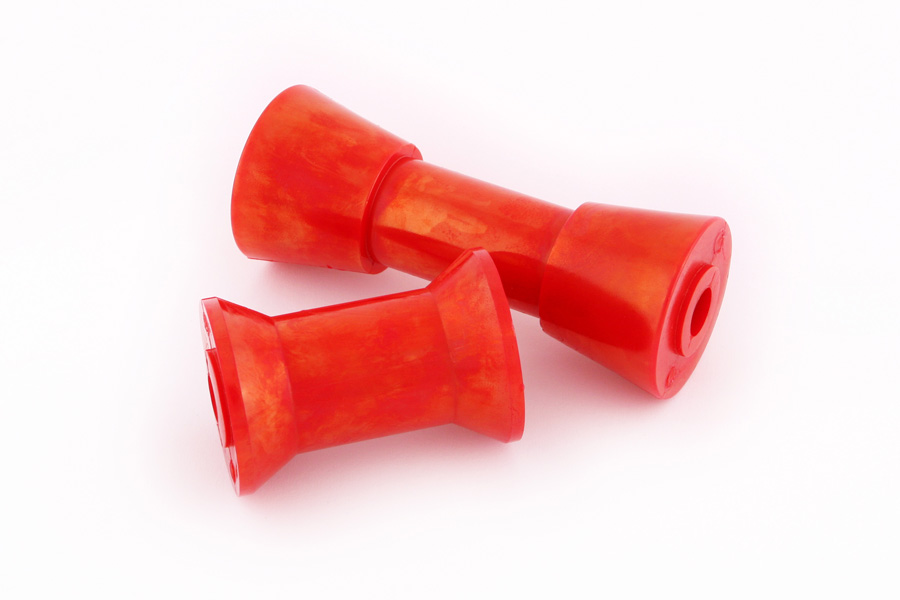Evaluation of Plastic Materials
07 February 2017
A walk through the ranks of machinery in a plastics manufacturing plant shows each plastic injection machine caught mid-cycle. A glance at the closest machine then demonstrates the power of its screwing mechanism as it forces melted plastic into a receiving cavity. If that currently pliable polymer is to create a fully rendered product, then it needs to be imbued with a specified set of quality-assured properties. It all begins with dimensional accuracy.
Primary Plastic Qualities: Dimensional Accuracy
The amorphous mass employs a series of heating elements and a screwing mechanism to reach the tooled cavity. Once there, it fills the geometrically detailed outlines of the mould, but that melted polymer will only accurately assume the form of the hollow if it exhibits the correct moldability characteristics. The selected plastic should be viscous initially, but it should also harden only when every cavity contour and eccentric edge has been fully filled. Handily, the processing engineers can measure the melt flow index (MFI) to maintain a reliable dimensional accuracy factor.
Evaluating Common Moulding Plastics
A highly repeatable processing cycle is the primary requirement, one that can be inspected during the quality-assurance work, but what about the working backbone of the material? It leaves the factory, but an initial inspection tells us nothing about its long-term prospects. An intelligently sourced material sidesteps such issues by providing materials that exhibit known mechanical properties. ABS (Acrylonitrile butadiene styrene) fits the bill here, for it’s a common thermoplastic, one that exhibits formidable features. ABS is strong and impact resistant, dimensionally stable and process-friendly, so it’s a mainstay in the manufacturing industry. Polycarbonate is another ubiquitous moulding material, one that’s used in countless abrasive applications due to its toughened polymer backbone.
Application-Dependent Qualities
A rugged build is always a handy material attribute, but this feature shouldn’t be overly marketed, not when other important qualities are in demand. A chemically neutral substance is mandated by quite a few clients, especially when food trays and beverage cups experience the injection moulding process. That shock resistant and robust structural build still rates highly due to its popularity in tool boxes and storage-centric housings, but a chemical neutrality feature does become relevant when the food and beverage sector comes calling.
Fortunately, the plastics industry is incredibly customizable. Materials can be selected according to pages of tailored parameters, features that target general mechanical stability or a customized feature. The latter quality-derived feature set includes chemical inertness, temperature resistance, electrical properties, and solvent retardation.
Optimized by NetwizardSEO.com.au

